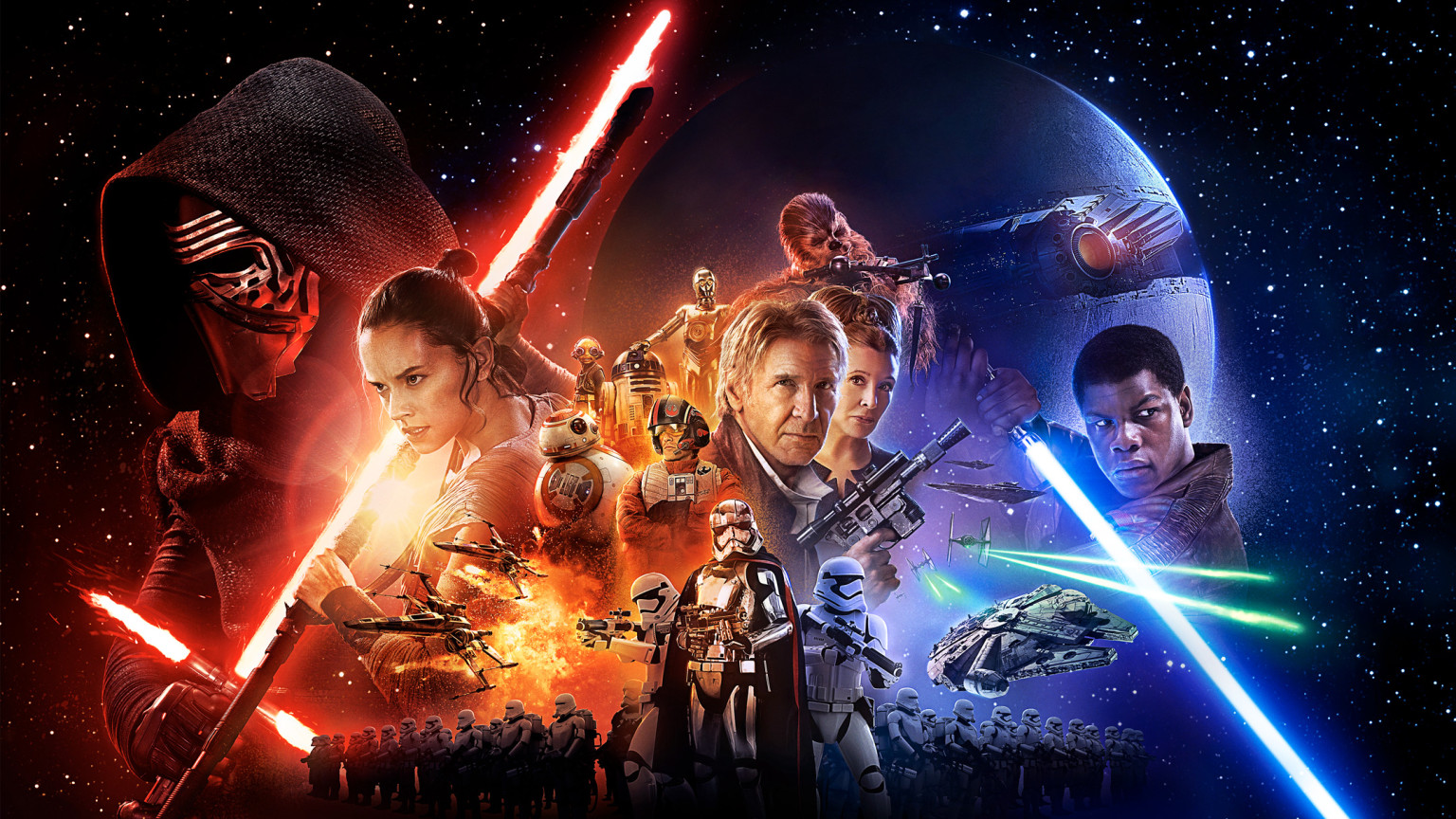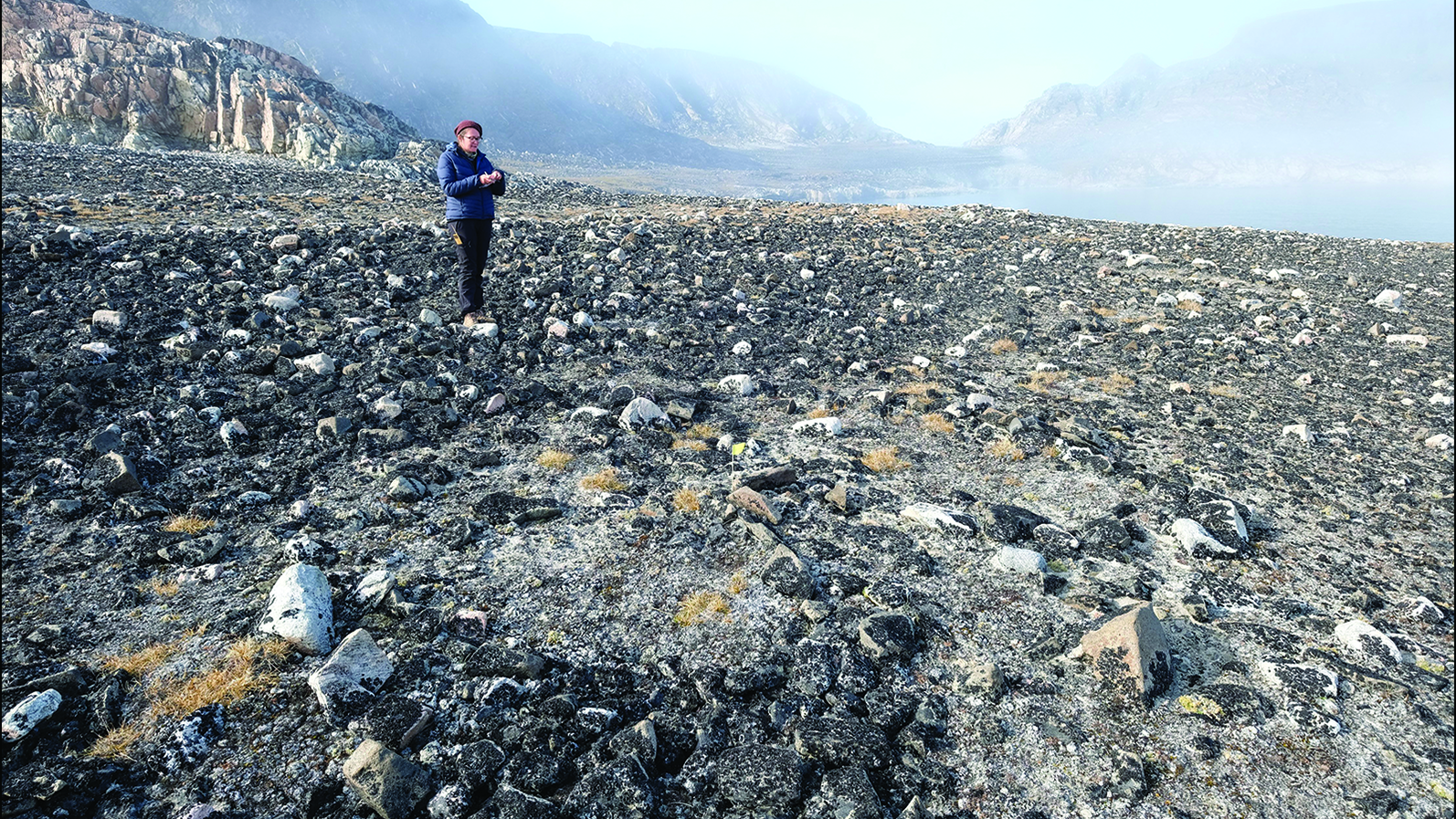Beware 'Star Wars' Spoilers: Enjoyment Suffers When Plot Revealed

Get the world’s most fascinating discoveries delivered straight to your inbox.
You are now subscribed
Your newsletter sign-up was successful
Want to add more newsletters?

Delivered Daily
Daily Newsletter
Sign up for the latest discoveries, groundbreaking research and fascinating breakthroughs that impact you and the wider world direct to your inbox.

Once a week
Life's Little Mysteries
Feed your curiosity with an exclusive mystery every week, solved with science and delivered direct to your inbox before it's seen anywhere else.

Once a week
How It Works
Sign up to our free science & technology newsletter for your weekly fix of fascinating articles, quick quizzes, amazing images, and more

Delivered daily
Space.com Newsletter
Breaking space news, the latest updates on rocket launches, skywatching events and more!

Once a month
Watch This Space
Sign up to our monthly entertainment newsletter to keep up with all our coverage of the latest sci-fi and space movies, tv shows, games and books.

Once a week
Night Sky This Week
Discover this week's must-see night sky events, moon phases, and stunning astrophotos. Sign up for our skywatching newsletter and explore the universe with us!
Join the club
Get full access to premium articles, exclusive features and a growing list of member rewards.
The much-anticipated film "Star Wars: The Force Awakens" opens in U.S. theaters Friday (Dec. 18), and if you're not already waiting in line to see the very first screenings, you might be worried about spoilers ruining the experience.
And now you've got science to support your fears. A recent study found that spoilers — or giving away key plot details — may not ruin an experience entirely, but can reduce suspense and decrease overall enjoyment.
"Our study is the first to show that people's widespread beliefs about spoilers being harmful are actually well-founded and not a myth," the study's corresponding author, Benjamin Johnson, an assistant professor of communication science at VU University Amsterdam in the Netherlands, said in a statement. [15 Weird Things Humans Do Every Day, and Why]
Johnson and his colleagues asked 412 university students to read several short stories that they had never seen before. Before reading, the students were given summaries, some of which revealed spoilers. The students then rated the stories, describing whether or not they found the tales engaging, moving and suspenseful.
The scientists said they were curious to find if their tests would corroborate results from a 2011 study published in the journal Psychological Science. That research, somewhat unexpectedly, suggested that people actually enjoy an experience more, at least some of the time, after hearing spoilers.
In fact, the new research showed the opposite.
"What we expected was to see that some outcomes would be improved by spoilers, in keeping with the earlier study," Johnson told Live Science. "Instead, we surprisingly found that for all the outcomes, spoilers were detrimental."
Get the world’s most fascinating discoveries delivered straight to your inbox.
In the new study, stories that had been "spoiled" were rated as less moving, less thought provoking, and less successful at drawing the reader into a narrative world and providing an immersive experience. In fact, the effects of story spoilers were "consistently negative," Johnson said in a statement.
In other words, when people don't know how a story will turn out, they experience more enjoyment and appreciation, the researchers found.
For big entertainment events like "The Force Awakens," the long-awaited seventh movie in the "Star Wars" franchise, and the first "Star Wars" movie released since 2005, audiences have a lot of anticipation. Many dedicated fans have been queuing for more than a week, eager to be among the first to see what surprises the filmmakers have in store.
However, a far greater number of moviegoers are more likely to catch the film over the weekend, or even a couple of weeks after opening, hoping to avoid long lines and sold-out screenings.
But waiting to see the movie comes with the possibility of sacrificing a little enjoyment. The longer you postpone the experience, the more likely you are to run across a spoiler that reveals critical details. Even carefully limiting Internet use and TV viewing to avoid movie reviews or related articles could be derailed by an unexpected encounter with a social media post or a stray remark that would ruin everything.
Or would it? Johnson was quick to add that the study also discovered some good news about spoilers: They're not as bad as some people think they are. Even if, in spite of all your efforts, you hear some vital detail before you're ready, you'll still get plenty of satisfaction from your experience with the story, the researchers learned. [Top 10 Scariest Movies Ever]
Johnson explained that, even when a story is "spoiled," there's plenty of evidence to suggest that an emotional payoff is still possible. "We know from previous research that people can feel suspense even if they know how the story ends," Johnson told Live Science. "You might watch a film for the fifth or sixth time, and even though you know all the beats, all the twists and turns, you can still feel anxiety or worry for characters," he said.
Still, he warned, people shouldn't take this as a go-ahead to spoil stories for others, as spoilers can and do negatively affect people's experiences.
The next steps for the researchers will include investigating the dynamics of social interaction in enjoying, and spoiling, media enjoyment. Johnson told Live Science that he and his colleagues have been gathering data related to four leaked episodes of the HBO series "Game of Thrones," which were widely downloaded and viewed before the Season 5 premiere in early 2015. Johnson said they hope to learn how the social networks that accompany viewing experiences may inform viewing pleasure — and increase the chances of encountering spoilers.
Johnson is taking his own research to heart as he makes plans to see the new "Star Wars" film. He said he'll be making some effort to avoid spoilers, but that he knows if he does run across a revealing tidbit, it's not the end of the world.
"I wouldn't be upset, but I'm being a little bit cautious!" Johnson said. "I've tried to stay mostly spoiler-free in terms of actual plot. Hopefully, that'll make it that much more exciting when I see it."
The findings were published in the Dec. 17 issue of the journal Communication Research.
Follow Mindy Weisberger on Twitter and Google+. Follow us @livescience, Facebook & Google+. Original article on Live Science.

Mindy Weisberger is a science journalist and author of "Rise of the Zombie Bugs: The Surprising Science of Parasitic Mind-Control" (Hopkins Press). She formerly edited for Scholastic and was a channel editor and senior writer for Live Science. She has reported on general science, covering climate change, paleontology, biology and space. Mindy studied film at Columbia University; prior to LS, she produced, wrote and directed media for the American Museum of Natural History in NYC. Her videos about dinosaurs, astrophysics, biodiversity and evolution appear in museums and science centers worldwide, earning awards such as the CINE Golden Eagle and the Communicator Award of Excellence. Her writing has also appeared in Scientific American, The Washington Post, How It Works Magazine and CNN.
 Live Science Plus
Live Science Plus










